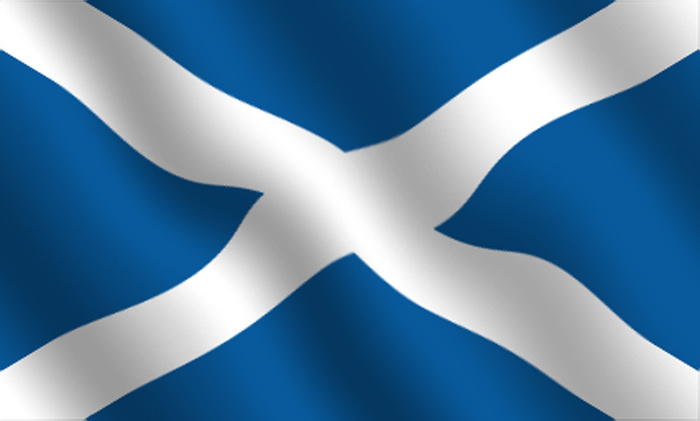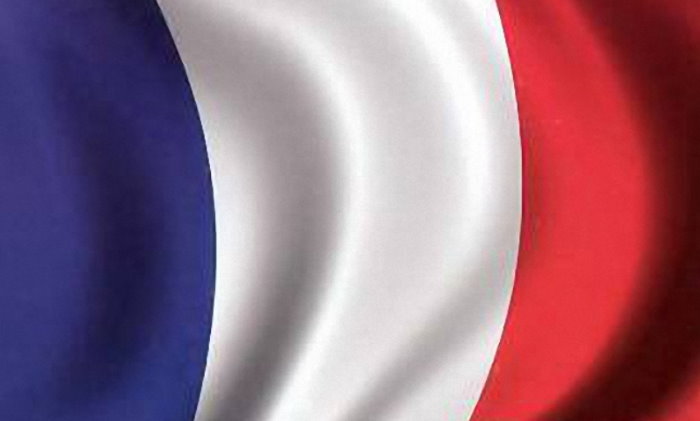|
Mairi’s Wedding (also known as Marie’s Wedding, the Lewis Bridal Song,
Mary Young and Fair or Mairi Bhan) is a Scottish folk song [1] written in Gaelic
by Johnny Bannerman for his friend Mary McNiven a well known singer.
It was first played for Mary McNiven in 1935 at the Old Highlanders Institute in Glasgow’s Elmbank Street but for her birthday. Although Mary herself was real, the wedding wasn’t, for she didn’t get hitched to Skye-born sea captain John Campbell until six years later. Hugh S. Roberton translated the Gaelic version into English in 1936. |

|

|
Scots schoolkids have been learning the song for generations, and it’s a firm favourite all over the world
and an incontrovertible weddings’ melody.
At her cottage on Islay yesterday, aged 90, Mary said: "I can’t believe it became so popular. But when it was first played to me I found it very catchy -- and I still do." It was sung by well-known singers: Kenneth McKellar, The Rankin family, The Clancy Brothers, The Chieftains and Van Morrison, Alan Stivell. |
[1] Originally called “A Mhàiri Bhàn Òg (Mairi Young and Fair)” the tune is the opening to a Gaelic love song written by the celebrated Scottish poet Duncan Ban MacIntyre (1724-1812) in honor of his wife. It is perhaps the most famous of all Gaelic lovesongs, and Mairi seems to have been an ideal wife, adding to her wifely attributes the skill of being a fine whisky distiller.
While a soldier in the Argyll regiment he fought for the Hanoverian forces during the Jacobite Rising of 1745–6. He took part in the Battle of Falkirk as a substitute for a local gentleman, Archibald Fletcher of Crannach, and managed to lose his sword during the fighting. Despite his service with the Loyalist forces he displayed Jacobite sympathies in some of his works. His conduct during, and attitude following, the Battle of Falkirk perhaps hint further at a lack of enthusiasm for the Hanoverian cause.
The Rev. MacNicol assisted Duncan Ban MacIntyre, by transcribing over 6,000 lines of the illiterate man’s work. Those who have studied Celtic literature or even only occasionally dipped into the richness of its poetry will be in no doubt s to the high regard for this simple, illiterate man of the hills and the vast contribution he made over his very long life to the culture of the Highlands.
The version below is from The Chieftains.

Chorus Step we gaily, on we go, Heel for heel and toe for toe Arm in arm and row on row, All for Mhairi’s wedding.
Over hill-ways up and down,
Chorus
Red her cheeks as rowans are,
Chorus
Plenty herring, plenty meal,
Chorus * 3 |

Refrain Où nous allons, nous marchons gaiement Talon contre talon, orteil contre orteil En rang bras dessus bras dessous Tous au mariage de Marie
Nous grimpons et descendons les sentiers des collines
Refrain
Ses joues sont rouges comme des sorbiers,
Refrain
Beaucoup de harengs, de nombreux repas,
Refrain * 3 |
|
Highland Dance
|
The Rankin Family
|
|
Ceilidh
|

